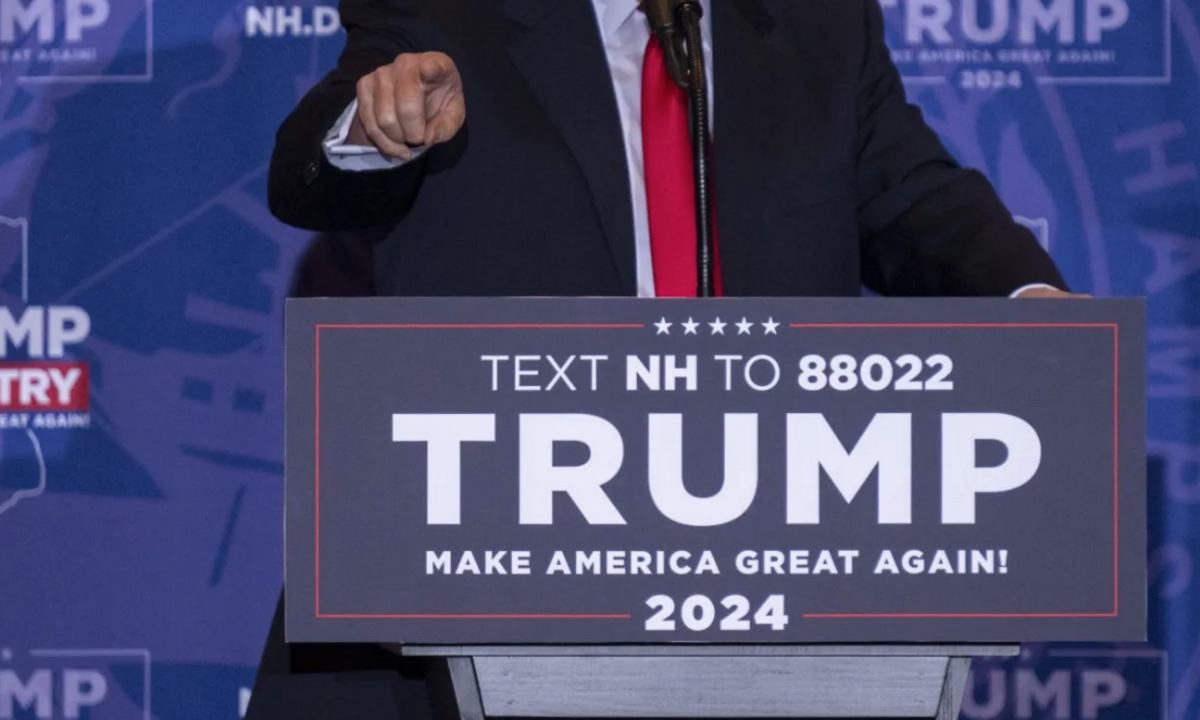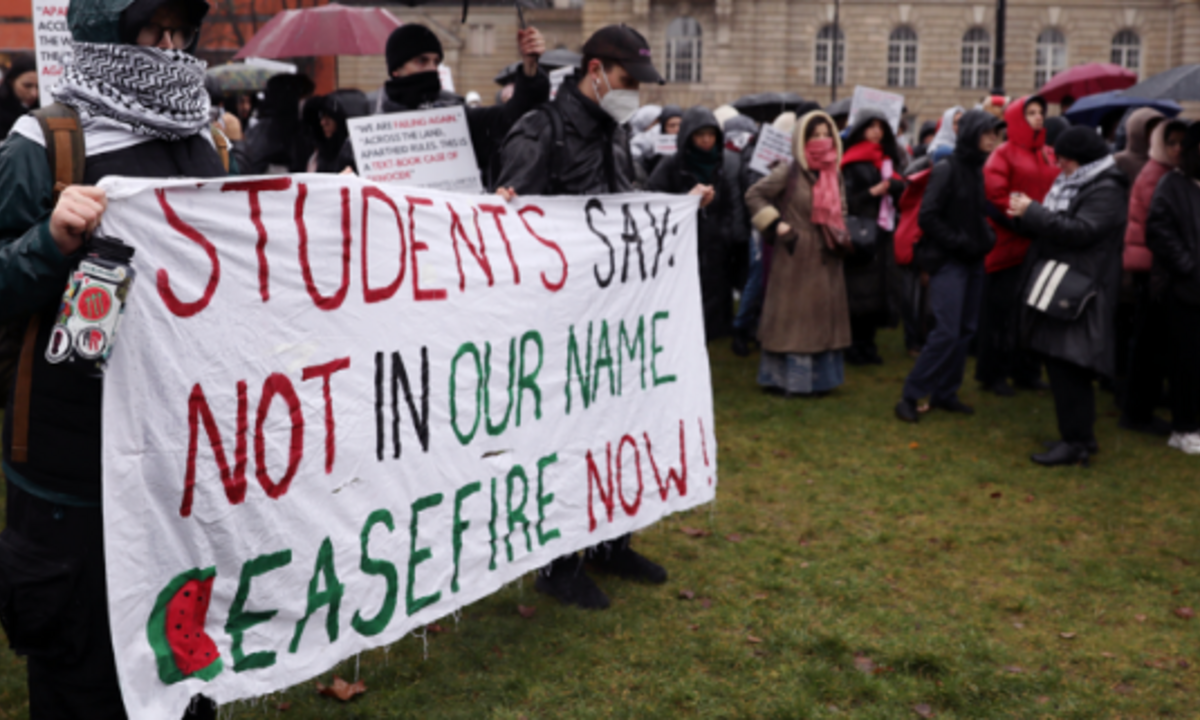Freedom is why Black Lives Matter
Dr Corey Wiggins is executive director of the National Association for the Advancement of Colored People (NAACP) in Mississippi. This article is part of a series with Social Europe on the 2020 U.S. elections.
In a speech in 1964, the civil-rights activist Ella Baker declared: ‘Until the killing of black men, black mothers’ sons, becomes as important to the rest of the country as the killing of a white mother’s son—we who believe in freedom cannot rest until this happens.’ The broadening conversation on race in today’s socio-political environment is deeply rooted in the history of devaluation of African Americans’ lives and experiences.
That history of degrading African-American dignity can be traced to the country’s early beginnings, when slave traders forcibly brought enslaved Africans to the country as free labor. A labor that remains without reparation.
Socio-political imbalance
Consider the emotional impetus of love. Love is an emotion capable of evoking emphatic joy and soul-shattering pain. Its ambivalence aptly describes the unpredictable socio-political imbalance African Americans experience. We love a country that does not always love us back—in painful pursuit of the unconditional love full access to justice would engender.
The issues range from the smallest racially motivated micro-aggressions to systematic challenges—such as mass incarceration—that limit the justice which should flow equally to all. Communities across the US have grown tired of the institutions and practices which—and people who—subscribe to this limiting of justice and liberty. The resulting unrest across rural and urban communities is no novelty in the historic and continued struggle for civil rights.
Only 65 years ago, two white men, full of racial hatred, brutally murdered a 14-year-old African-American boy for allegedly flirting with a white woman. Days after Emmett Till’s murder, his mother could only identify his remains because of a personalised ring found on his body. His murderers, the white woman’s husband and her brother, beat him, gouged his eye out, shot him in the head and threw his body in a river, tied to a cotton gin with barbed wire.
At Emmett’s funeral, his mother insisted upon an open casket so the world could see what the men had done to her black son. In so doing, Mamie Till helped spark a new era in the movement for black lives. The promise of justice and liberty was not however yet available for African Americans, despite the evil darkness from whence it came.
Inflection point
America finds itself once again at such an inflection point. Though we have come far, in 2020 we still find ourselves struggling to fulfill the promise of justice and liberty for all. Much like the senseless and violent murder of Emmitt Till, the murders of Breonna Taylor and George Floyd at the hands of police only provide more evidence that the struggle to value all America’s citizens is unfinished.
Even during this presidential election, the country’s moral disease of devaluing black lives has been fully displayed. Articulated grievances—ranging over the response to the coronavirus, the growing racial wealth divide, the pay gap between black women and white men, disparities in access to healthcare and healthcare outcomes—have been received with empty words and few pledges.
The systemic exploitation of African America is predicated on the immoral view that African Americans’ lives can be discarded. How can a country balance the scales of justice, while it continues to devalue black lives through public policies which have adverse impacts on families, communities and the country at large?
How do African Americans engage with a system where freedom and justice are promised but remain as locked behind a door? Some will argue that structural, systemic racism does not exist and will point to individual examples of African-Americans who have succeeded. They will claim that we live in a post-racial society which, after all, elected its first African-American president.
One cannot however judge this country’s practical and moral application of equity on singular achievements. There is little to celebrate when only a select few have been granted access to the keys to liberty and justice. Especially so when many remain outside, victim to the cold and callous winds of high unemployment, inadequate housing, low wages and unaffordable healthcare.
Right and wrong
We cannot evaluate the struggle for civil rights and freedom on the outcome of elections alone. Elections serve as a reminder of what is wrong in our country, as well as what is right.
We continue to debate policy issues, such as reforming the criminal-justice system. We continue to struggle to find solutions to ensure that children in high-poverty communities have access to quality education. We continue to fight to make healthcare a right rather than a privilege. We continuously search for resources to spur inclusive economic development in communities that need it most.
We denounce language from the highest levels of government that embraces and fans the flames of white supremacy. In America’s south, we are still working steadfastly to remove the Confederate symbols and monuments of our past, products of a history founded on racial hatred.
Nothing about America’s struggle towards justice has been easy or free. The protests, the marches and demonstrations occurring across the country this year are part of that pursuit of unconditional love through which black America demands to be fully visible and valued. It is through these demands we continue the historic struggle for civil rights.
We will fight for freedom until Black Lives Matter.
This article originally appeared on Social Europe.
Friedrich-Ebert-Stiftung
USA and Canada
WASHINGTON, DC
fesdc[at]fesdc.org
OTTAWA, ON
canada[at]fesdc.org





